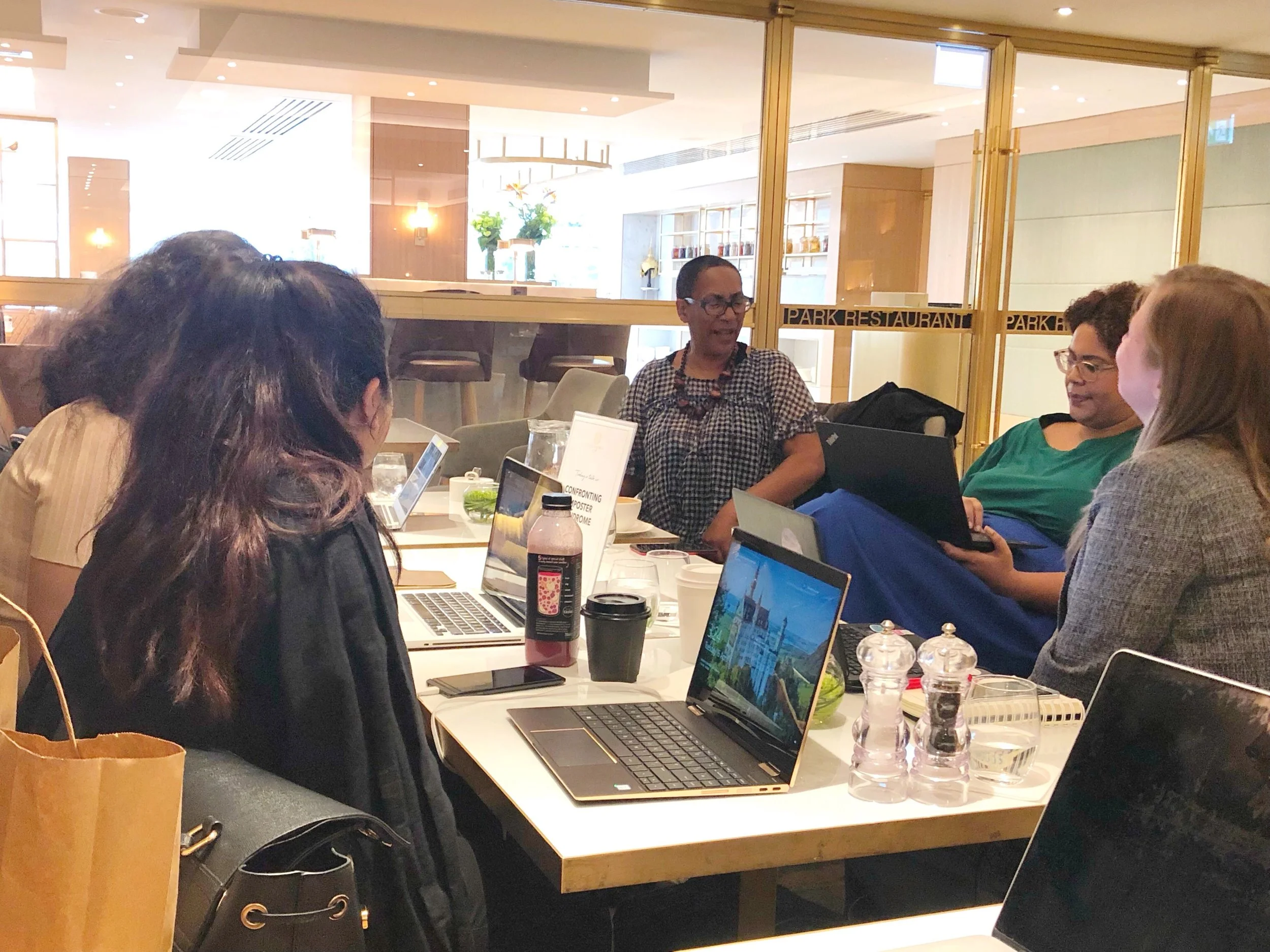Just A Thought
I was just wondering…
How often do you use the word ‘just’ when writing emails? Is it purposeful? Or is it excusatory?
Using the word ‘just’ changes the dynamic of what you are going to say. It is an interesting little word that can take on different meanings and with varying effect. I have made a concerted effort recently to try and assess my use of ‘just’. It may sound like a waste of time, but can I please ask you to think about it? Can I just ask you to take a moment to think about it… only if you have time, only if you have a spare moment, only if it’s not too direct of me to ask..?
When writing an email to a superior, a colleague, anyone who I want to like me or build a connection with, I will normally throw in a ‘just’ into my sentences.
Just getting in touch to ask whether…
I just wanted to check in with you about…
I was hoping whether you could just let me know…
But what impact does this have on my tone and what I am trying to achieve? Do people even notice the ‘just’? Deep down I know I would like my ‘just’ to make me sound more polite. Is there anything wrong with that? Yet, does it have a different effect and simply make my email sound less direct, and as a result less important, removing a sense of urgency? Something about the word ‘just’ dilutes what you are about to ask. It throws out a feeling of reservation. There’s an apology in the word ‘just’ as if what you are about to say next is an inconvenience to the recipient.
‘Just’ can also be a synonym for ‘simply’. One could reason, therefore, that making a request seem simpler and easier to digest has the potential to be persuasive? You’re not asking your recipient to go above and beyond their duty, you’re just asking them to do something that is compact and efficient. Inevitably what you’re asking, however, is more than just a simple request. Just wondering whether... and then you drop a tonne of demands and questions. Not so simple after all. This paradox is in fact a deception. The guilt! So do you get to the point or linguistically tiptoe around it for pleasantries sake?
I was interested to read both sides of this argument, particularly in the context of big organisations such as Google and Apple. Ellen Petry Leanse wrote a convincing piece on LinkedIn “Just” Say No, which draws attention to this habit of using “just” amongst female co-workers and friends and the way in which she could strengthen her messages by removing it. In objection to this, Shane Ferro in the Business Insider argues that Ellen did not provide enough substantial evidence to prove women were using just more than men. Both have important points to make. I agree with Shane that worrying about what we are saying is dangerous and a negative imposition upon women’s freedom of speech and as Shane says the last thing women want is to be told how or how not to write at fear of coming across a certain way. However, I question, why fall into a trap of using ‘just’ when we simply don’t have to? At the same time, we should acknowledge the flexibility that this freedom of speech should offer and not get pigeonholed with certain phrases and stereotypical ways of getting our point across just to be ‘polite’.
Writing emails is a mind-field. We’re trying to convey a sense of ourselves, while remaining professional at the same. Yes, there are rules in letter writing about whether to use “Yours Faithfully” or “Yours Sincerely”, but for emails the rules are far more blurred. More often or not it’s a matter of personal preference. For example, whether you use “best wishes”, “kind regards”, “best” - they’re all small decisions that will make an impression, whether intentionally or not. God forbid you get into the territory of using kisses to end an email! My housemates looked at me in horror when I told them this was common practice in my industry. And yes at first I was analysing every sign off I made in an email at fear of sounding out of place. But for me it’s now pretty normal and I feel all the better for it. I try not to over-think about it and trust in my judgment of responding to other peoples email tone, whether with kiss or without.
Ultimately, we want to be respected in our emails. Whether you’re in a creative industry like me, or whether like Ellen you’re at Google or Apple. We hope that the words that we are using to express ourselves appear credible and a reflection of our intent and professionalism. In turn, I’m not saying to stop being polite and never use the word ‘just’. Throw in some personality and kindness to temper down the directness of your emails by all means. Acknowledge that you’re asking something and that you are grateful for your recipients response and help. But, if like me you’ve been afraid of appearing too direct, don’t be. You won’t even notice the ‘just’ has gone. There are other ways of asking for something nicely but with purpose.
A ‘just’ seems pretty irrelevant perhaps in the grand scheme of business. But will the demands of our jobs slow down? No. We’ve neither got time to waste, nor the time to make a bad impression. And we need to recognise that this simple just is not so simple after all.
words by Lottie Franklin
WHAT IS THE MERIT CLUB?
We started The Merit Club, an online members' club for women with a mission to create a striving and curious community and we would love you to be part of it! In our community, we harness a sense of togetherness and help you explore new concepts and ideas. Our mission is to create events that inspire, spark discussions and connects us.
With the membership, you get various little benefits, complimentary access to events and luxury venues as well as little perks we curate with our members in mind. Why not have a look at what is included here?
We hope you join us on our journey!












